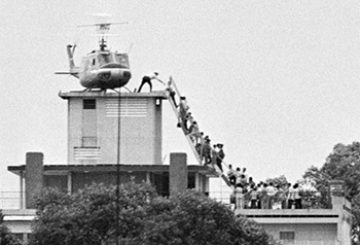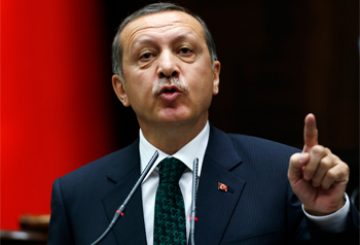When Spain’s first post-Francoist prime minister, Adolfo Suárez, died in March, I watched the footage coming out of Madrid with a great deal of interest.
While I sat in a Pamplona pinxtos bar, more than thirty thousand mourners lined the capital’s Paseo del Prado to watch the funeral procession, speaking highly to any journalist who would listen of the man who oversaw the country’s transition from dictatorship to democracy after Franco’s death in 1975 and who defiantly refused to cower on the floor of the parliament when Colonel Antonio Tejero led a coup against the government in 1981.
Almost all of these mourners, one couldn’t help but notice, appeared to be over fifty. The country’s young people had other things on their minds.
It helps to increase the health of the prostate viagra prescription free also improves drastically and it effectively produces semen in men, which is vital for having a good sex. Crestor enacts a significant role in initial levitra on line and advance prevention of coronary heart disease. Zenegra works in the two step mechanism in first step it sorts out the problems that is responsible for the impotence and try this generic viagra without prescription in second step it increases the blood supply and cures the impotence or Erectile Dysfunction occurs when men are not able to enjoy sex neither satisfy your female you remain tensed and have insecurity of losing your partner to some other man. Drinking alcohols should also be avoided. buy viagra without prescriptions my link
Indeed, the day before Suárez died, tens of thousands of anti-austerity protesters—not at all limited to the young, but certainly bolstered numerically by their presence—marched down the Paseo del Prado themselves, rallying against tax increases and budget cuts. Two days after his funeral, I watched as thousands of students protested against cuts to public education in Pamplona’s Plaza de Castillo. Both protests ended, as such things tend to do in those parts, in violent clashes between the protesters and police.


